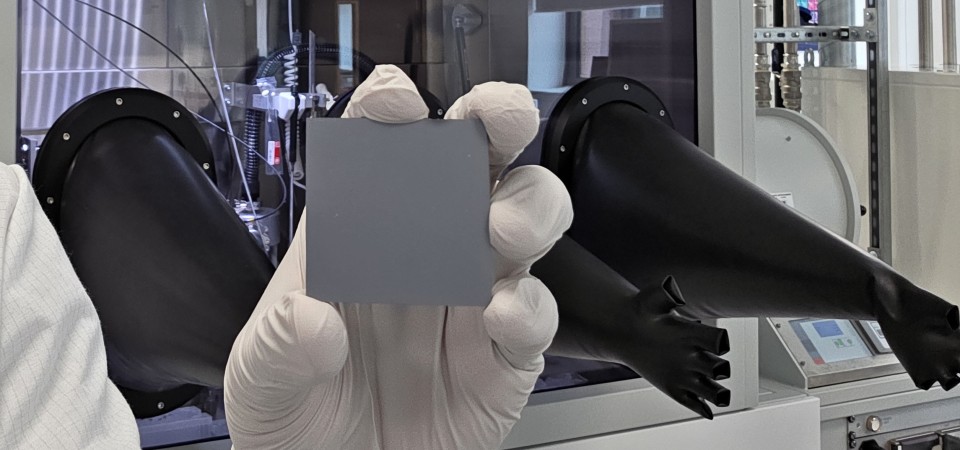Eco-Innovators: 5 Green Tech Projects Every Filipino Student Should Explore

Imagine a Philippines where our daily commutes don't contribute to air pollution, our homes generate clean energy, and waste is transformed into valuable resources. This isn't a far-off fantasy; it's a future within our reach, and Filipino students have a crucial role to play in making it a reality. The Philippines faces unique environmental challenges – from pollution and energy dependence to waste management issues – but these challenges also present incredible opportunities for innovation.
For students passionate about sustainability, exploring green technology projects is a fantastic way to learn, contribute, and potentially build a brighter future for our nation. Here are five compelling green technology project ideas that are particularly relevant to the Philippine context, offering a blend of practical application and impactful learning:
1. Solar-Powered Water Purification System
Access to clean water remains a significant challenge in many parts of the Philippines. A solar-powered water purification system offers a sustainable solution. Students can design and build a system using solar panels to power filtration processes, removing contaminants and providing safe drinking water. This project combines renewable energy with a vital need, offering a tangible impact on communities.
2. Biogas Digester for Agricultural Waste
The Philippines is an agricultural nation, resulting in substantial amounts of organic waste. A biogas digester can convert this waste (e.g., rice husks, animal manure) into biogas – a renewable energy source – and nutrient-rich fertilizer. This project addresses both waste management and energy production, aligning with sustainable farming practices and reducing reliance on fossil fuels. Consider the specific agricultural context of your region when designing your digester.
3. Vertical Farming System for Urban Areas
With increasing urbanization, food security becomes a growing concern. Vertical farming – growing crops in vertically stacked layers – maximizes space utilization and reduces the need for transportation. Students can design and build a small-scale vertical farming system using hydroponics or aeroponics, exploring different plant varieties and optimizing growing conditions for urban environments. This is particularly relevant to densely populated cities like Manila and Cebu.
4. Rainwater Harvesting and Filtration System
The Philippines experiences distinct wet and dry seasons, making rainwater harvesting a valuable resource management strategy. Students can design and build a system to collect, filter, and store rainwater for non-potable uses like irrigation, toilet flushing, and cleaning. This reduces reliance on municipal water supplies and conserves a precious resource, particularly important during dry spells.
5. Eco-Bricks Made from Plastic Waste
Plastic pollution is a major environmental problem in the Philippines. Eco-bricks – plastic bottles tightly packed with non-recyclable plastic waste – can be used as a sustainable building material. Students can learn about eco-brick construction techniques, create eco-bricks, and even design small structures using them. This project combines waste reduction with potential construction applications, promoting a circular economy.
Getting Started: Many universities and vocational schools in the Philippines are increasingly incorporating sustainability into their curricula. Resources like the Department of Environment and Natural Resources (DENR) and local environmental organizations can provide valuable guidance and support. Don’t be afraid to experiment, collaborate, and adapt these ideas to your specific context. The future of green technology in the Philippines rests in the hands of innovators like you!






